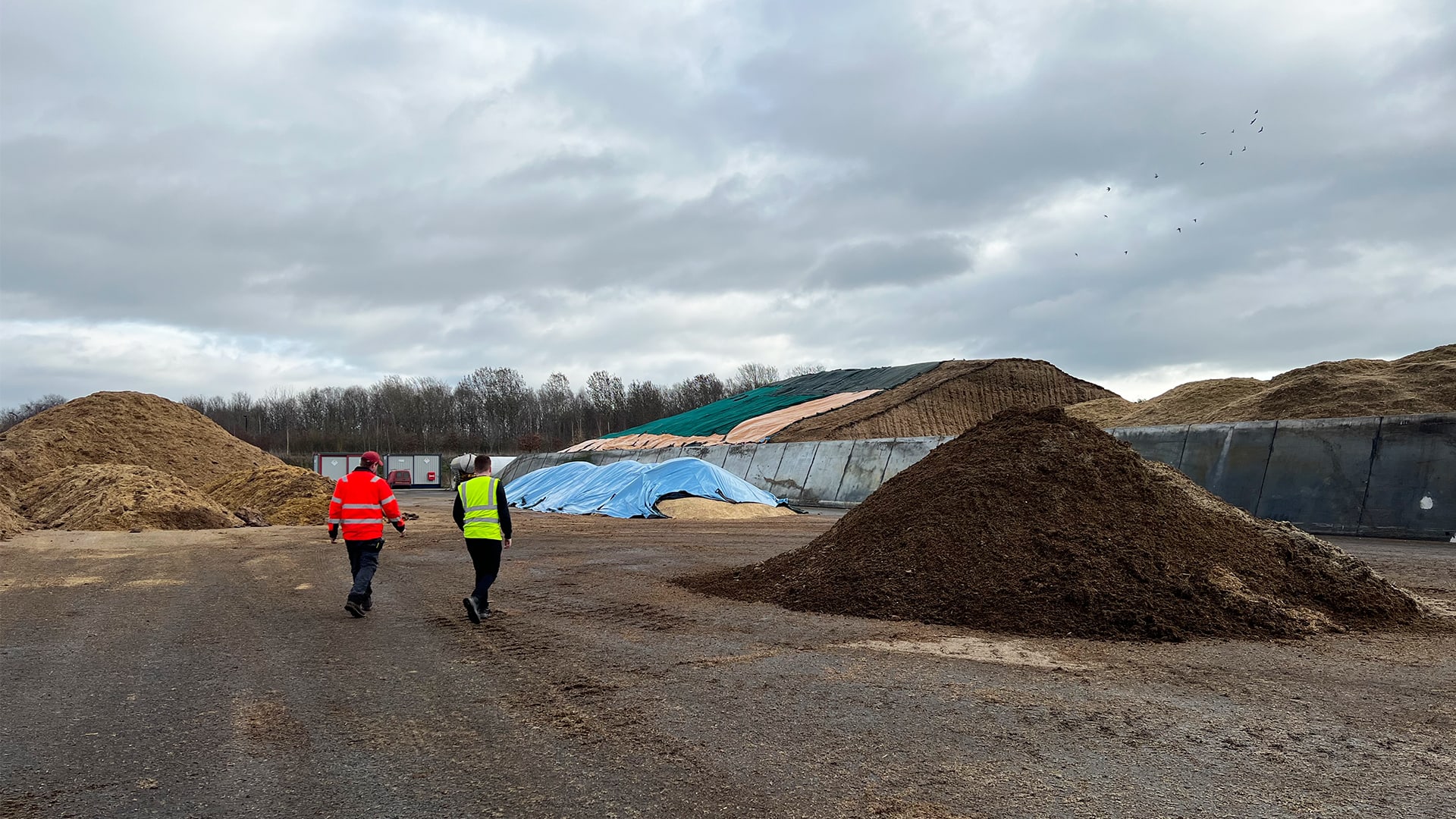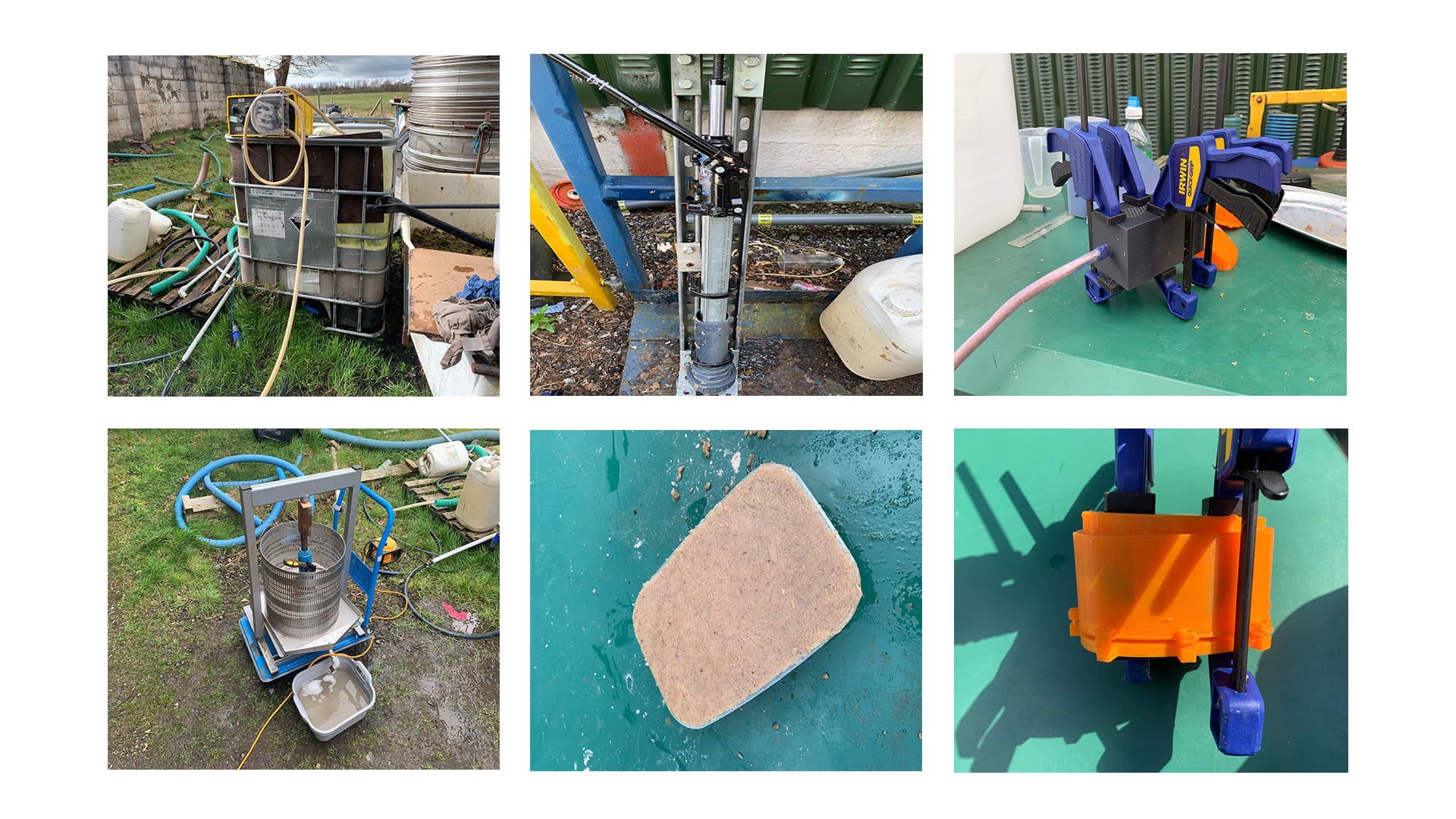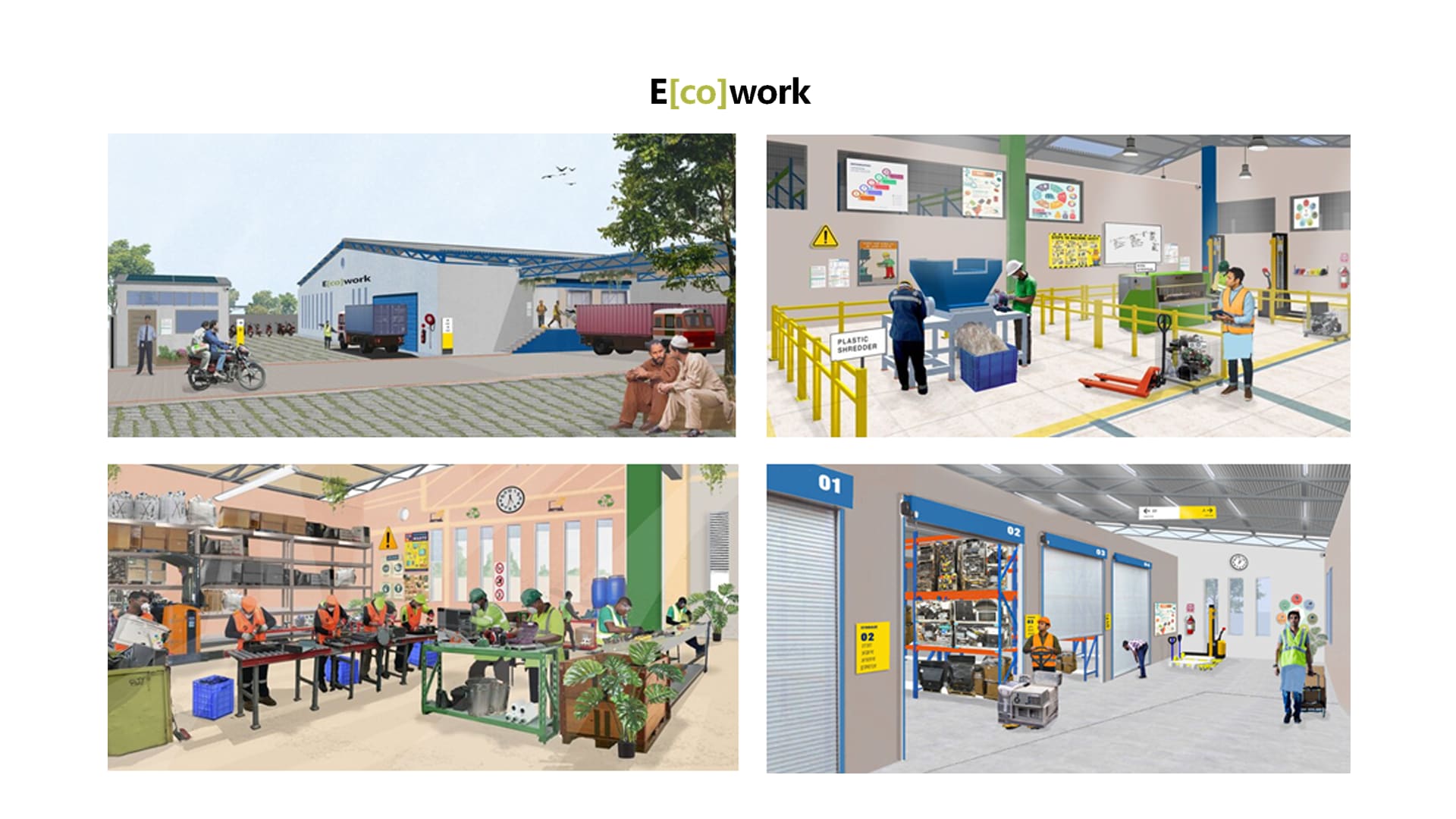Excited by design that provides social and ecological benefit to solve global challenges.
With experience in industrial and community design, my passion is moving towards a more sustainable and equitable world through industrial ecology practices and open-source tools, bringing sustainability to the everyday. My designs empower individuals to create healthier and more prosperous local economies, but also encourage community engagement and local pride. On the national level, I design to change the way our supply chains are organised by altering the perception of what society deems as waste, ultimately to reduce unnecessary extraction of materials.
2017-2020: Product Design (BSc) - 1st class (Hons)
Nottingham Trent University
2020-2021: Young Innovators Award 2020/2021
Innovate UK
2023: Robin and Lucienne Day Foundation Award










